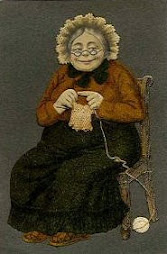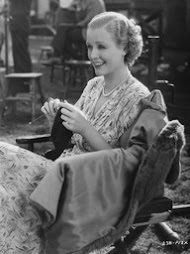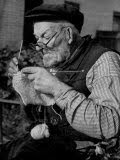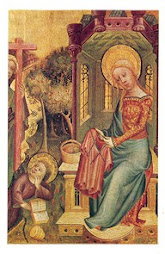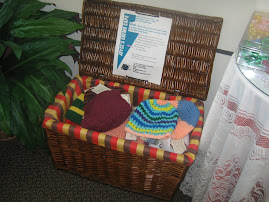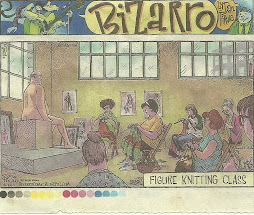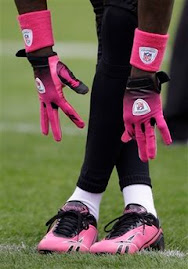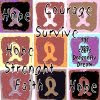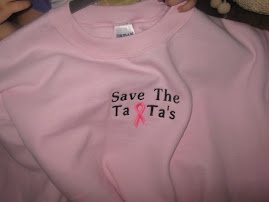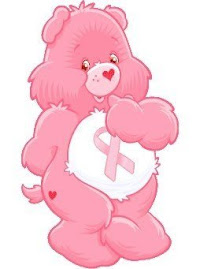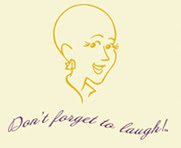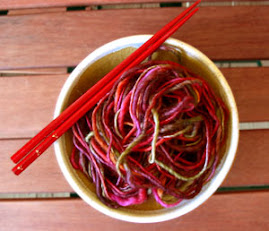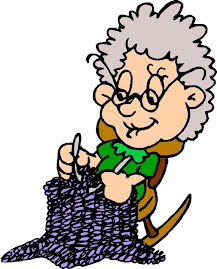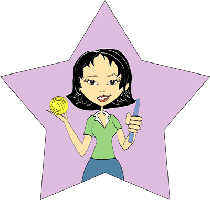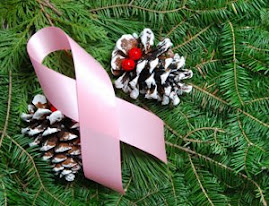For many work provides a sense of purpose and value and going back to work provides a sense of normalcy. Balancing your career and cancer diagnosis can be challenging. To help you gain understanding of your rights in the workplace and create solutions, YSC has partnered with Cancer and Careers. As part of this new partnership several FREE workshops have been planned across the country to bring experts on the subject of cancer and the workplace directly to you. If there's not a workshop scheduled in your community remember to utilize our (audio files and printed transcripts). Look under the Practically Speaking section to listen to related workshops.
A diagnosis of breast cancer is never easy to absorb, figuring out how to share this information with family and friends is difficult and emotional. Then comes the next challenge, returning to work, sharing this information with your employer, your co-workers, your clients and your friends in the workplace.
You are not under an obligation to tell everyone either at your current or potential place of employment. Who and how you inform your workplace of your diagnosis is a very personal decision. If you work for a larger company and your department has a Human Resources (HR) professional assigned to it, you may only need to tell that one person. If you have medical insurance/coverage through your employer you can opt to work with your HR professional to understand your coverage. Your HR professional can also help you to inform your manager or to make sure you are not penalized for taking time out of the work day for doctor's visits or treatments. Generally, both supervisors and co-workers will appreciate your openness and will be supportive of your situation. Yet, we encourage you to learn about your rights and protections. ADA (Americans with Disabilities Act) and the FMLA (Family and Medical Leave Act) give employees-at-will tremendous protection.
Protect Your Privacy - If you decide to share a minimum amount of information, consider sharing the following points with your HR Professional:
• Your diagnosis
• An explanation, in layman's terms, of what your diagnosis means
• Expected course of treatment
• Expected leave of absences or sick days, if any
It is hard to know the culture of each individual workplace, think about the following when deciding who to tell and what to tell them:
Are you working in a larger corporate environment where you are part of a smaller team? Do you work for a small organization where your co-workers feel like family? Is there a general sense of trust? Are you a member of a union or an at-will employee? These questions may help you make a plan for sharing information about your diagnosis, treatment and work needs.
Don't be Afraid to Ask for Help
This can be one of the hardest steps in the process of telling those you work with. We all strive to be our best in the workplace, to deliver top results and prove our value to our company/organization. Treatment can be taxing, and will most likely cause you to slow down, or have absences during the work day. Co-workers and managers can best help if they know what you need. If it is an extended deadline when possible, changing the time of a standing meeting or the opportunity to work from home the important thing to remember is to ASK. Asking for help does not mean that you are any less smart, competent or capable - just that you need to take care of yourself during and after this challenging time.



